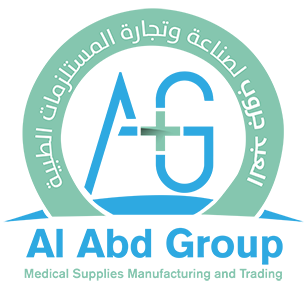What is the Coronavirus (COVID-19) Pandemic?
COVID-19 is the name given by the World Health Organization (WHO) to the virus causing severe pneumonia, known as coronavirus. The disease affects people differently, with most cases showing mild symptoms, especially in children and young adults. Severe cases may require hospitalization, with about 20% needing medical care.
COVID-19 does not discriminate by nationality, gender, or age. It’s important not to stigmatize infected individuals. Treat everyone with compassion and educate others if you hear stigmatizing statements.
Preventive Measures (March 2020):
- Camp residents were only allowed to leave in emergencies.
- Camp visits were restricted, except for aid workers.
- Large gatherings, even for aid distribution, were banned.
- Schools and community places were closed.
These measures were lifted in June 2020, with periodic reassessments based on the disease spread. Primary healthcare centers remain open.
Protecting Yourself and Your Community:
- Regularly wash your hands with soap or use alcohol-based sanitizers.
- Maintain a 2-meter (6 feet) distance from others.
- Avoid touching your eyes, nose, and mouth.
- Cover your mouth and nose with your elbow or a tissue when coughing or sneezing, and dispose of used tissues immediately.
- Stay home if you feel unwell.
For reliable information, visit the WHO website.
If Symptoms Appear:
- If you have symptoms like fever, dry cough, and fatigue, call emergency health services at 122.
- Suspected cases should visit the primary healthcare center with a face mask.
- If in close contact with a symptomatic person, inform the camp healthcare provider by phone and visit the camp clinic.
Managing Stress and Anxiety:
- Maintain a healthy lifestyle, including a good diet, sleep, exercise, and connecting with loved ones.
- Avoid smoking, alcohol, or drugs to cope with feelings.
- If overwhelmed, speak to health workers or counselors.
- Limit time spent on news that causes anxiety and follow only reliable health advice. Avoid rumors and misinformation.
Supporting and Caring for Children:
- Children’s responses to stress vary; they might become clingy, anxious, withdrawn, angry, or irritable.
- Respond to your child’s reactions and provide support, listening to their concerns and giving extra love and attention.
- Explain the situation clearly and in age-appropriate terms about how to reduce infection risk.
Despite lockdowns, specialized health counseling services remain available face-to-face or via phone if personal meetings are not possible due to the health emergency.


